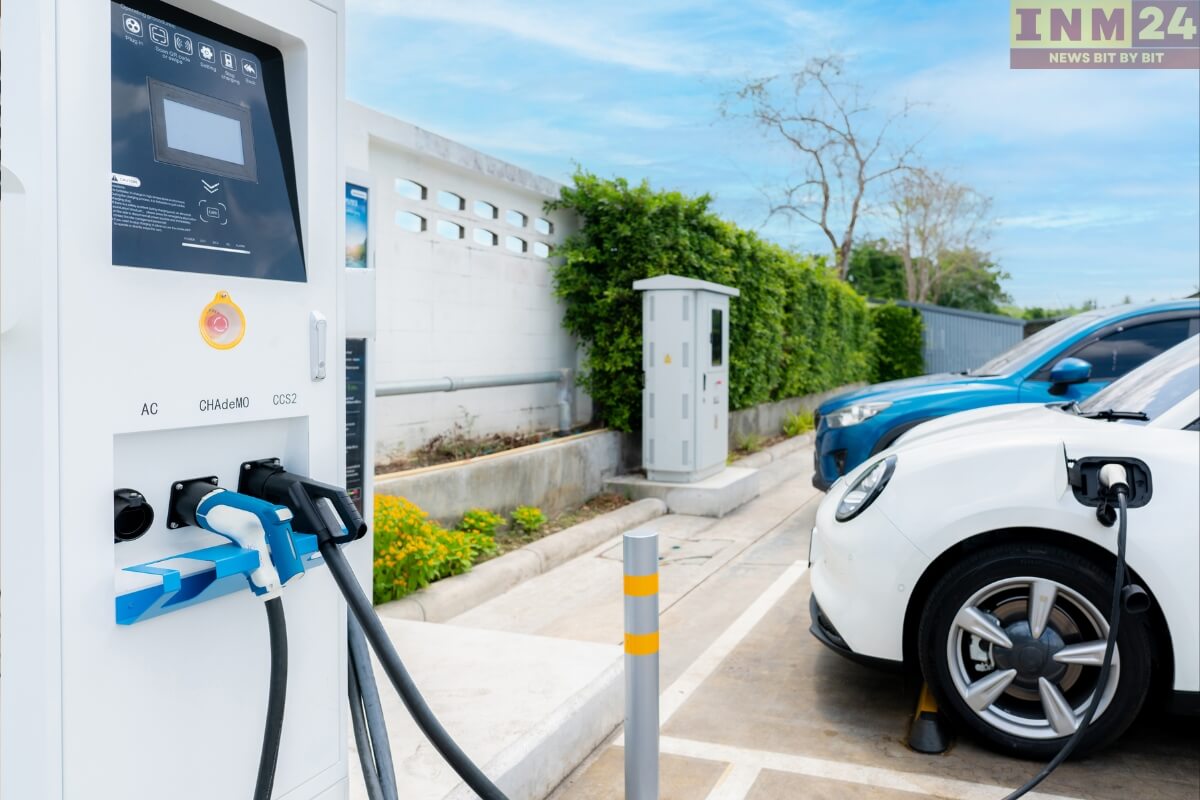A recent study has stirred debate in the automotive industry by suggesting that electric vehicles (EVs) emit more particle pollution than their petrol and diesel counterparts. The findings challenge the prevailing notion that EVs are inherently cleaner and more environmentally friendly.
Study Reveals Higher Particle Emissions from Electric Vehicles Than Conventional Cars
Conducted by a team of researchers, the study examined particle emissions from various types of vehicles, including EVs, petrol cars, and diesel cars. Contrary to popular belief, the results revealed that EVs produced higher levels of particle pollution compared to traditional internal combustion engine vehicles.
Particle pollution, also known as particulate matter (PM), consists of tiny particles suspended in the air, which can pose serious health risks when inhaled. These particles are associated with respiratory problems, cardiovascular diseases, and even premature death. The study’s findings raise concerns about the potential health implications of widespread EV adoption.
One possible explanation for the higher particle emissions from EVs is attributed to the wear and tear of brake pads and tires. Unlike petrol and diesel cars, which rely on combustion engines for propulsion, EVs utilize regenerative braking systems to slow down and recharge their batteries. However, this process generates friction, leading to the release of particles from brake pads and tires.
Additionally, the manufacturing and disposal processes associated with EV batteries may contribute to particle pollution. The extraction of raw materials, such as lithium and cobalt, for battery production, as well as the recycling or disposal of spent batteries, can release harmful particles into the environment.
Rethinking EVs’ Role in Air Quality Improvement: A Call for Holistic Transportation Solutions
The study’s findings challenge the perception of EVs as a panacea for air quality improvement and highlight the need for a more holistic approach to sustainable transportation. While EVs offer significant benefits in terms of reducing greenhouse gas emissions and dependence on fossil fuels, their potential impact on particle pollution cannot be overlooked.
In response to the study, advocates for EVs emphasize the importance of implementing measures to mitigate particle emissions from electric vehicles. Strategies such as improving brake and tire technology, promoting sustainable battery production and recycling practices, and investing in cleaner energy sources for electricity generation are proposed as potential solutions.
Overall, the study’s findings underscore the complexity of the environmental impact of different vehicle technologies and the importance of considering multiple factors in assessing their overall sustainability. As the automotive industry continues to evolve towards electrification, addressing the challenges associated with particle pollution from electric vehicles will be essential to realizing their full potential as a cleaner and greener transportation option.
